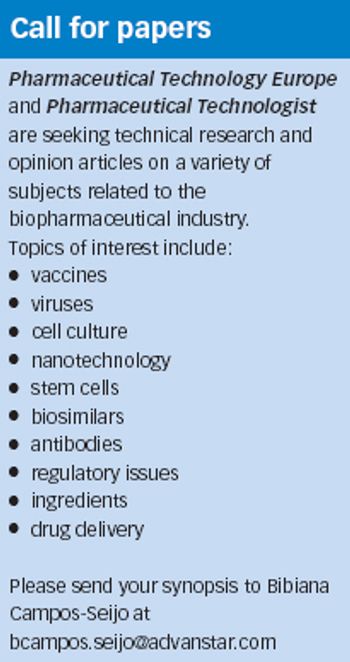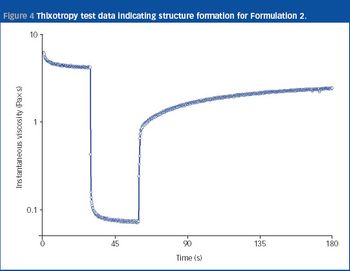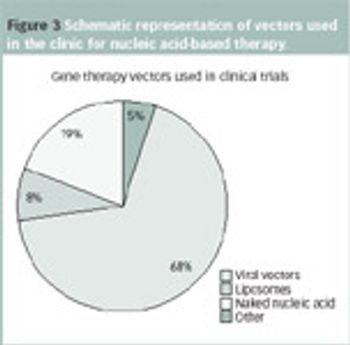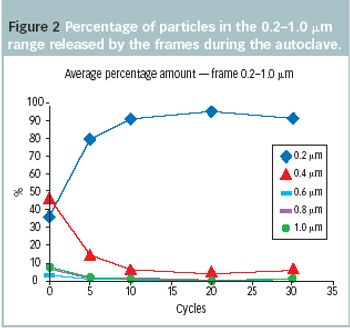
Pharmaceutical Technology Europe
Last year, the Royal Pharmaceutical Society of Great Britain held a consultation regarding how the profession should develop during the next 12 years. An analysis of the results has just been published.1 It comes as no surprise to anyone who teaches pharmaceutics at UK pharmacy departments that one popular suggestion was to change the indicative syllabus so that it would focus more on clinical topics as opposed to scientific ones.







